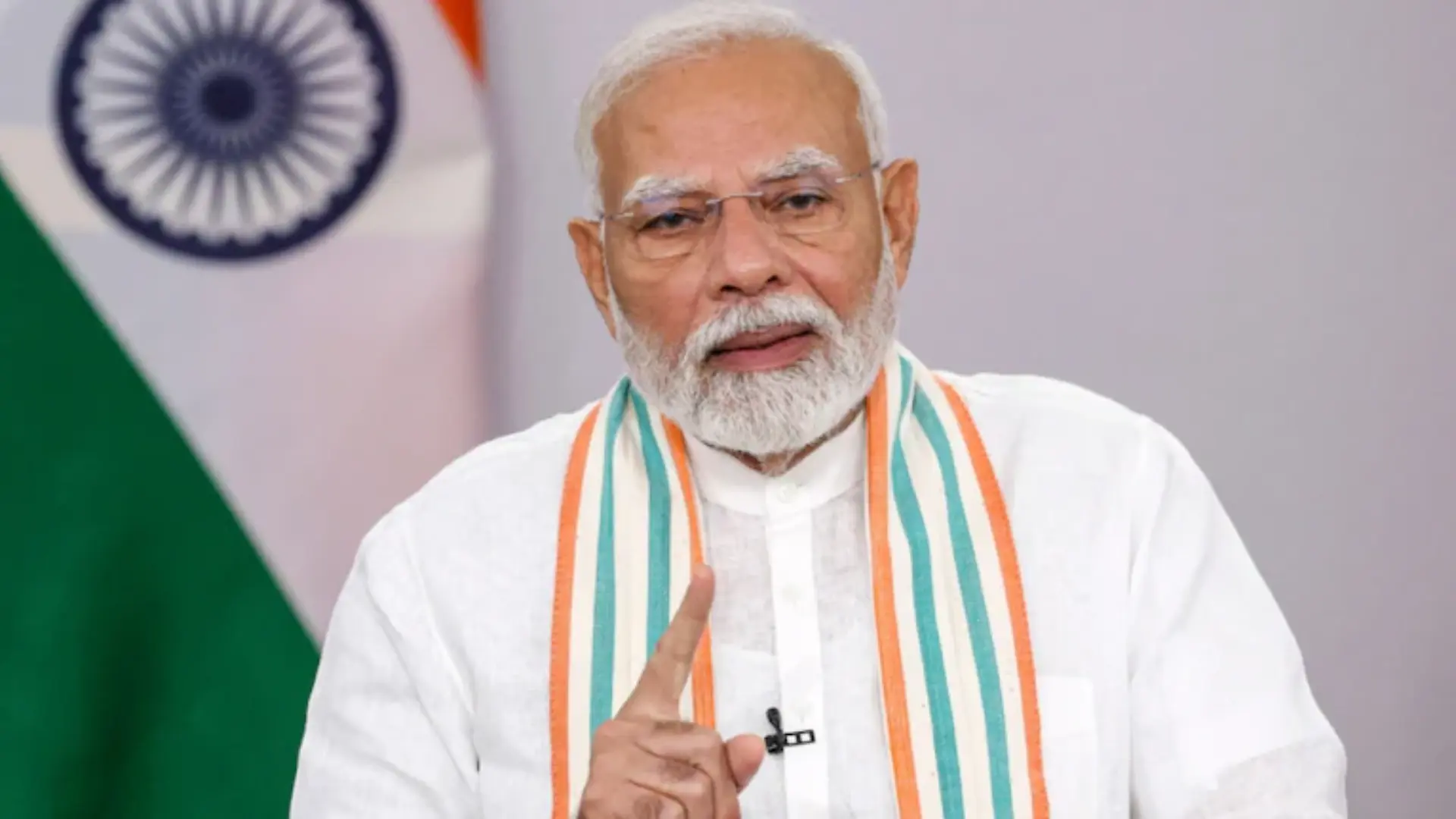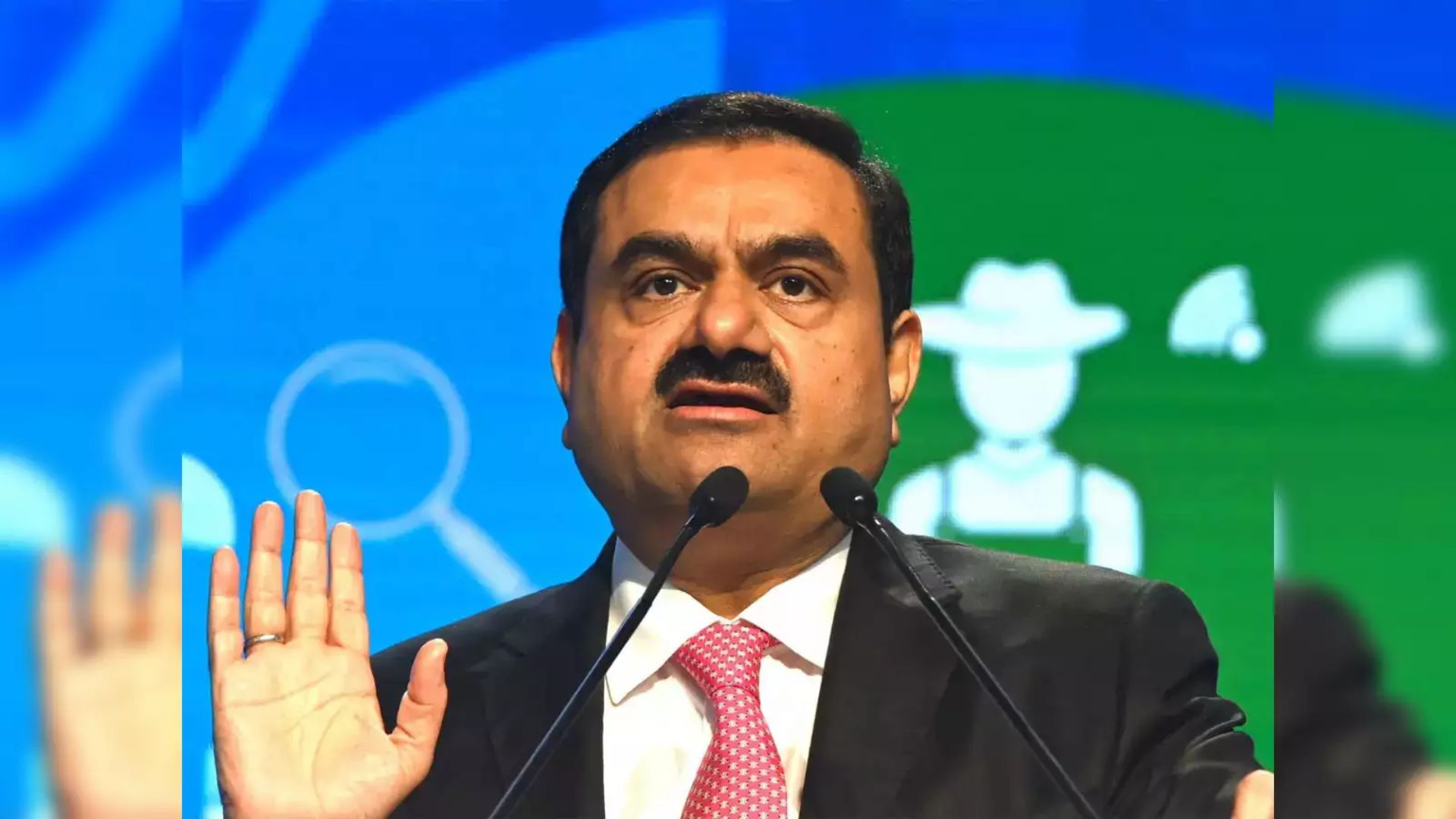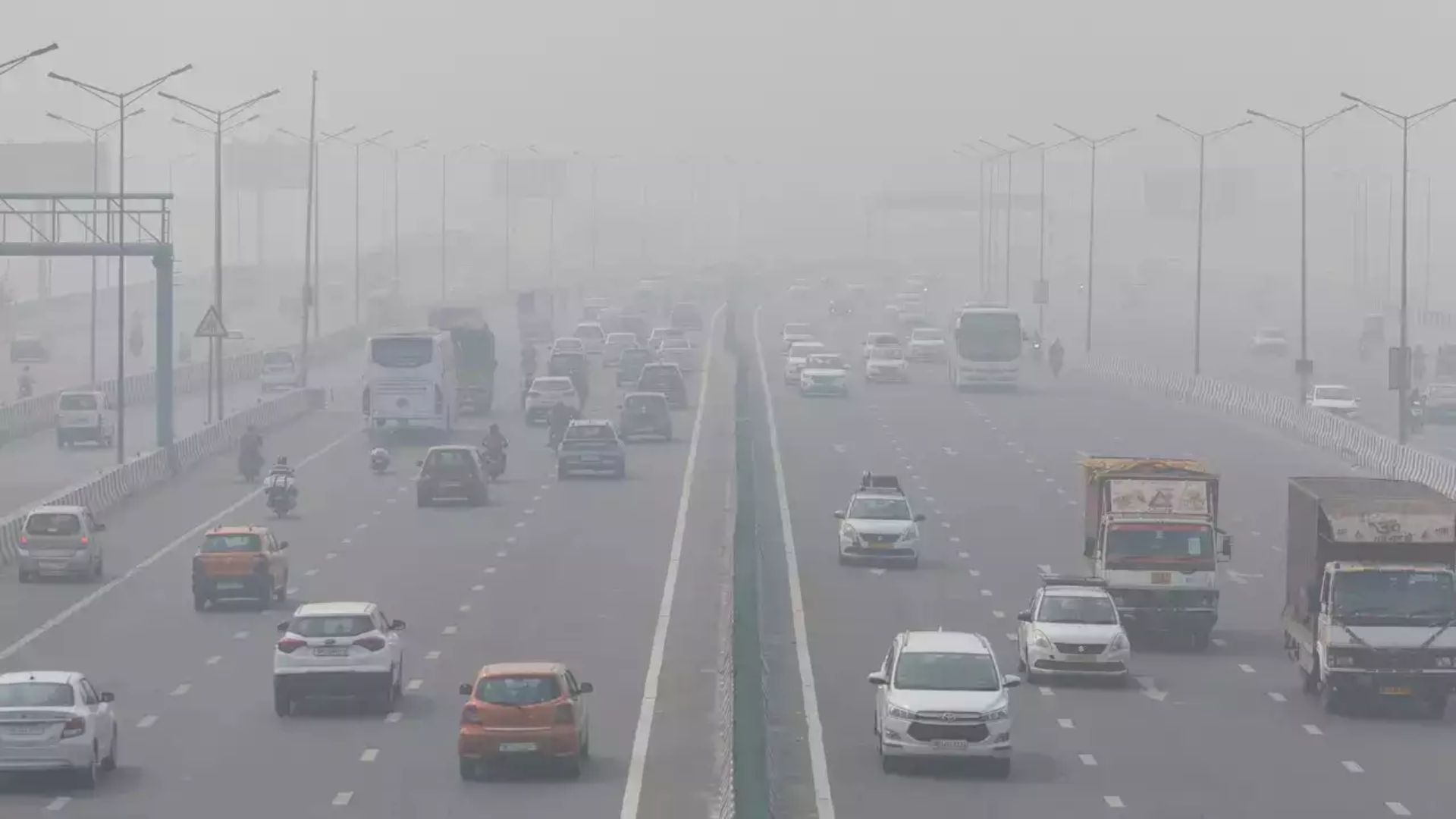Arvind Kejriwal’s surprise resignation as Delhi Chief Minister has caused significant waves in the political landscape. The move aims to reframe the Aam Aadmi Party (AAP) in a new light ahead of the upcoming Assembly elections. Here’s a detailed look at the implications, challenges, and future of AAP following Kejriwal’s decision.
Strategic Move or Tactical Retreat?
Kejriwal’s resignation could be a strategic move to revitalize AAP’s image and boost voter support. By stepping down, he portrays himself as a figure fighting against a corrupt system, potentially garnering sympathy and securing a fresh mandate. His declaration that he will only return as Chief Minister with a new mandate could enhance his appeal, especially if Delhi’s elections align with those in Maharashtra and Jharkhand in November.
Challenges Facing AAP
The transition following Kejriwal’s resignation is likely to be fraught with challenges. The party must find an interim Chief Minister who can command respect within AAP and appeal to voters. This search could lead to internal discord and difficulty in maintaining party unity.
Opposition parties, like Congress and BJP, might exploit this perceived instability. They may use the situation to highlight any weaknesses within AAP, making the political environment more competitive for the party.
Timing and Public Perception
Kejriwal’s decision to resign after his release on bail, rather than during his imprisonment, has sparked criticism. Some view this move as a tactical retreat rather than a principled stance, potentially undermining public trust. The timing of his resignation could raise questions about his motivations and the sincerity of his political commitment.
Strategic Factors Behind the Resignation
Political analysts suggest that Kejriwal’s resignation was influenced by practical considerations. The Supreme Court’s ruling, which prevented him from performing official duties, created significant administrative hurdles. Additionally, the looming threat of President’s Rule, which could delay elections by up to six months, might have further motivated his decision. Such a delay could erode the momentum Kejriwal gained after his release and complicate his efforts to capitalize on public sympathy.
Potential Successors to Arvind Kejriwal
The speculation about Kejriwal’s successor is heating up. Given his strong influence within AAP, it’s expected that he will choose a successor who will be approved by party MLAs. This interim leader will need to effectively manage the party’s affairs and maintain voter confidence until the next Assembly elections.
As Arvind Kejriwal steps down, AAP faces a crucial period. The party’s success in navigating this transition and maintaining its electoral appeal will be key to its future in Delhi’s political landscape.


















